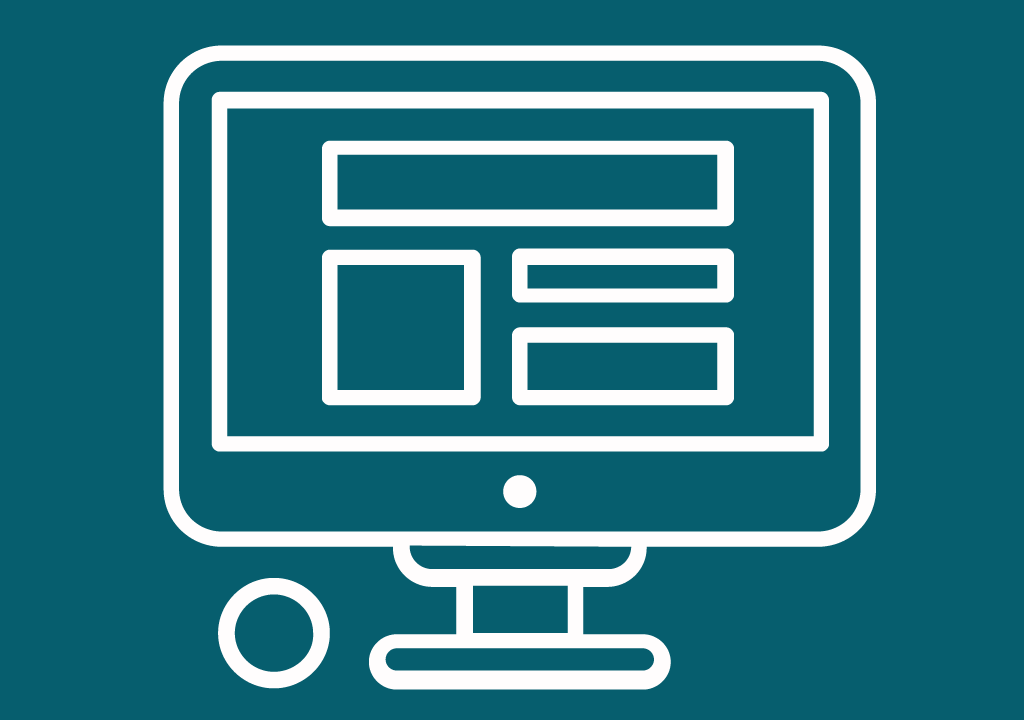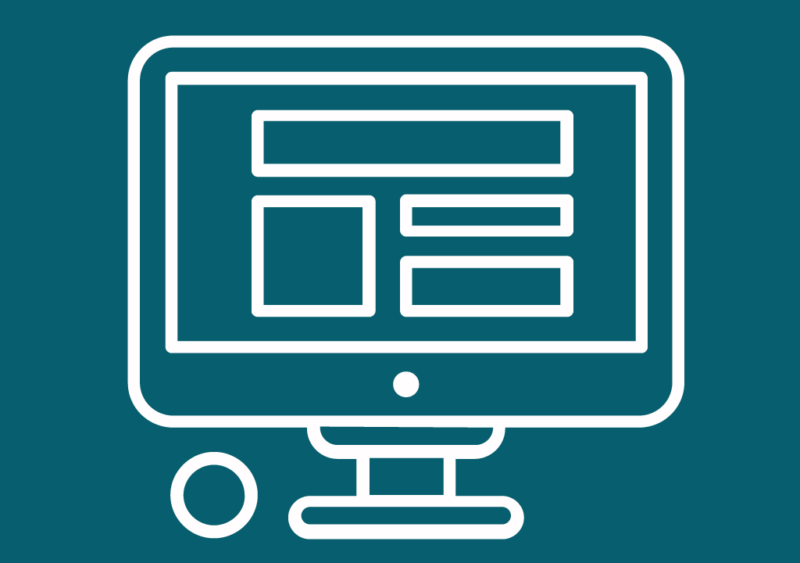-
Image
-
Publish in core platform
No
-
URL
-
Link text
OECD Podcasts: Is digital media literacy the answer to our disinformation woes?
-
Link Type
Skills resource url
-
Target audience
Digital skills for allDigital technology / specialisation
Digital skillsDigital skill level
BasicGeographic Scope - Country
European UnionIndustry - Field of Education and Training
Audio-visual techniques and media productionTarget language
EnglishType of initiative
International initiative
Organization
Austrian Federal Ministry of Education Science and ResearchEvent setting
Methodology (Long text)
Podcast discussion with high-level experts
Skills resource type
Other training material
Target group
Persons in tertiary education (EQF 6)

Critical thinking has never been so…critical. How do we distinguish fact from opinion when there is so much inaccurate material online? What is true? What exactly is disinformation? This podcasts offered by OECD will help you answer these questions and many more.
Education can help us understand how to examine our sources, ask clarifying questions, and comprehend how algorithms affect the information we receive through education. And since none of this needs to be taught in STEM-based computer science classes, digital media and algorithmic literacy can be deftly incorporated across the curricula.
They discuss about this: Kara Brissin-Boivin, Director of Research of Mediasmarts, Canada’s Center for Digital and Media Literacy, and the author of a recent working paper on digital media literacy, the OECD analyst Jordan Hill. They will talk about what critical thinking in the twenty-first century should entail.
OECD Podcast series
OECD prepared a series of short podcasts to discuss how can we help shape better policies for better lives. Every episode, of around 15 minutes each, will bring together OECD and external experts to discuss bout inequality and inclusive growth, the digital transformation, social change, the environment, international co-operation, and more.





